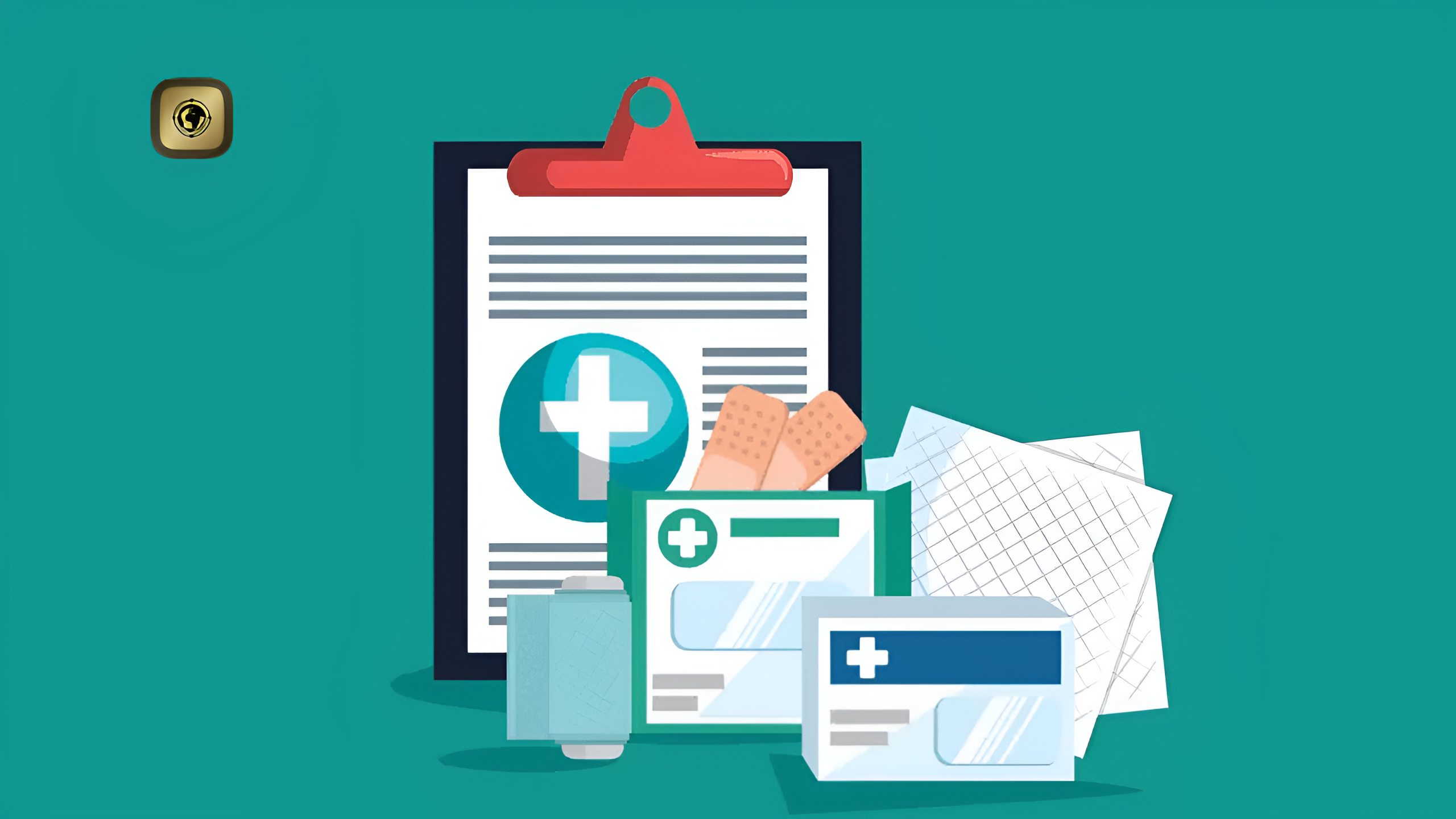March 31, 2025
Health Insurance for Self-Employed Individuals in India
Health insurance is a crucial financial tool that covers medical expenses incurred by an individual or a group. For self-employed individuals, obtaining health insurance is essential since employer-sponsored health plans are not available. Having health insurance not only provides financial security against unforeseen medical expenses but also offers tax benefits.
In this article, we will explore essential aspects of health insurance for self-employed individuals in India.
Types of Health Insurance Plans for Self-Employed Individuals
Several health insurance plans are available in India that cater specifically to self-employed individuals. These include:
- Individual Health Insurance: Covers the medical expenses of a single person.
- Family Floater Plans: Provides coverage for the entire family under a single policy.
- Group Health Insurance: Designed for small business owners who want to cover themselves and their employees.
Choosing the Right Health Insurance Plan
Selecting the right health insurance plan is a crucial decision. Here are some key factors to consider:
- Coverage: It is essential to choose a plan that offers comprehensive coverage, including hospitalization costs, pre-existing medical conditions, emergency expenses, routine check-ups, medications, and medical supplies.
- Premiums: Premiums vary based on the coverage limit, policy type, and geographical location. Comparing quotes from different providers is advisable before making a decision.
- Network of Hospitals: Ensure the plan covers hospitals in your preferred location, including cashless treatment facilities.
- Benefits: Different plans offer various benefits such as doctor consultations, preventive care, and alternative treatments. Comparing these benefits can help in making an informed choice.
- Claims Settlement: Understanding the claims settlement process of the insurer is crucial. Look for a provider with a hassle-free and transparent settlement process.
- Pre-Existing Conditions: Many insurers have a waiting period before covering pre-existing conditions. Verify this aspect before finalizing a policy.
Benefits of Health Insurance for Self-Employed Individuals
- Tax Benefits: Under the Income Tax Act 1961, health insurance premiums are tax-deductible up to a specified limit.
- Financial Protection: Helps in managing medical emergencies without depleting personal savings.
- Cost Savings: Reduces out-of-pocket expenses by up to 60%.
- Coverage for Pre-existing Conditions: After the waiting period, conditions such as diabetes and hypertension may be covered.
- Financial Support During Illness: Provides financial assistance when a self-employed individual is unable to work due to illness.
- Maternity Benefits: Some health insurance plans also offer maternity benefits, covering prenatal and postnatal expenses.
How to Apply for Health Insurance?
- Gather Necessary Documents: Prepare required documents such as personal identification, KYC details, and income proof.
- Choose the Right Policy: Research and compare various plans to find the one that best suits your needs.
- Fill in the Application Form: Complete the application form accurately, either online or offline.
- Submit the Application: Send the completed form along with the necessary documents to the insurance provider.
- Await Acknowledgment: The insurer will review the application, which may take a few days or weeks.
- Make Payments: Upon approval, make the required payment to activate the coverage.
- Receive Policy Documents: The insurer will issue policy documents detailing the coverage, policy duration, and other relevant information.
Conclusion
Understanding health insurance and selecting the right plan is essential for self-employed individuals to protect themselves from unexpected medical expenses. By carefully evaluating various insurance options, ensuring coverage for pre-existing conditions, and aligning the plan with personal requirements and budget, self-employed individuals can secure their financial well-being and be prepared for medical emergencies.



Leave A Comment